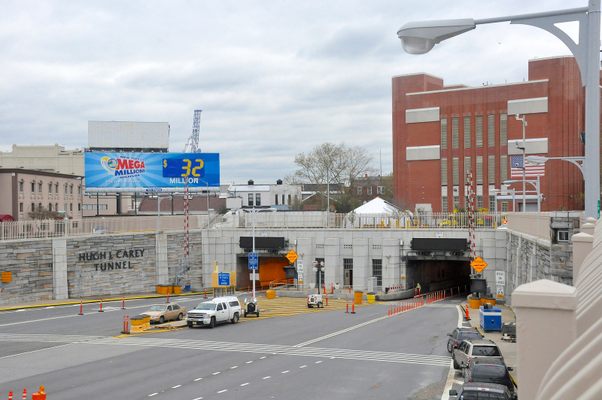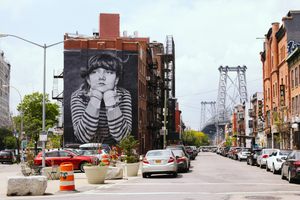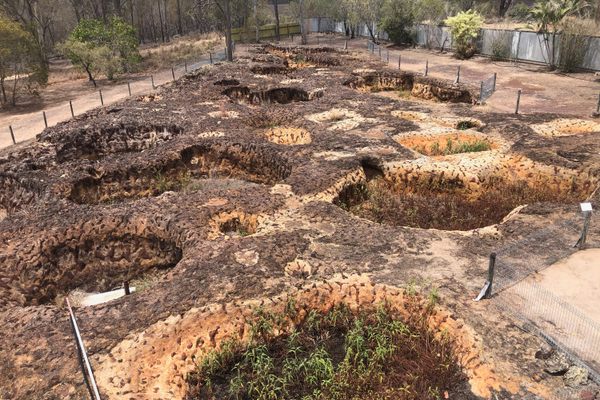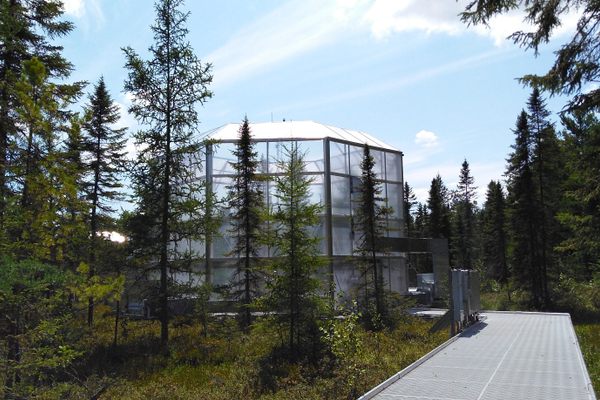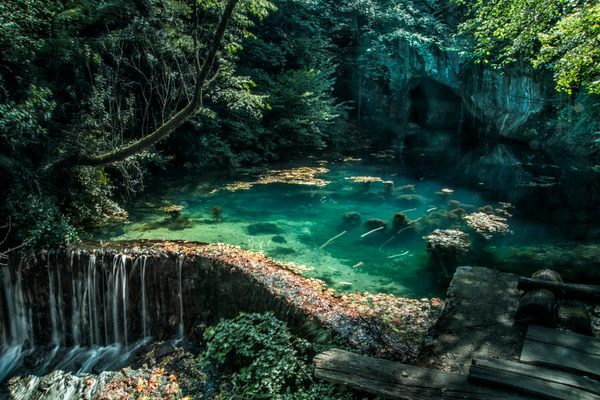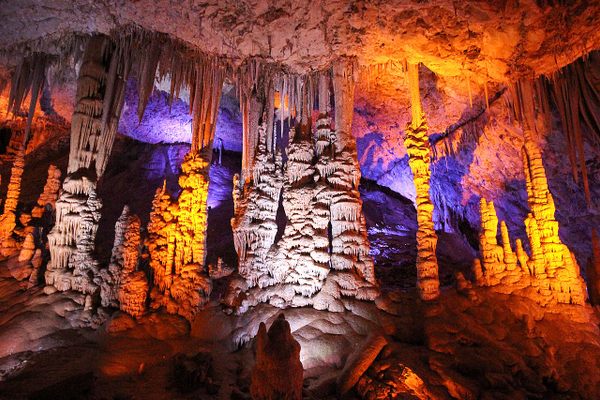About
The Brooklyn Battery Tunnel (now called the Hugh L. Carey Tunnel) is a structure built on a massive scale.
Extending just over 9,000 feet, the tunnel is the longest continuous underwater road in North America. It has a total of four huge ventilation buildings: two in Manhattan, one in Brooklyn, and one on Governors Island that can completely cycle the air inside the tunnel every 90 seconds.
Along with the Gowanus Expressway, the Brooklyn-Battery tunnel is credited with cutting off the neighborhood of Red Hook from the rest of Brooklyn, causing economic strife and encouraging the hotbed of mafia activity in the area from the 1940s through the 1980s.
The tunnel was hugely expensive to build in 1940, and Robert Moses, then Chair of the new Triborough Bridge and Tunnel Authority, insisted that a more cost effective bridge be built instead. Objections to a bridge abounded from the public and other city officials.
Moses only relented when President Franklin Roosevelt insisted that it was a matter of national security since a bridge between the harbor and the Brooklyn Navy Yards upriver could be a risk to national defense. (Never mind that three bridges, the Brooklyn Bridge, the Williamsburg Bridge, and the Manhattan Bridge, had already long stood between the Navy Yard and the harbor.)
Construction started in 1940 and the tunnel was opened to traffic in 1950. Roosevelt himself attended the tunnel's groundbreaking ceremony. Moses continued to gripe about a tunnel being built instead of a bridge decades later in his memoirs.
The tunnel was closed in advance of Hurricane Sandy in the fall of 2012. During the storm surge, it was completely flooded. Some 86 million gallons of water had to be pumped out before it could be reopened nearly two weeks after the storm.
Related Tags
Community Contributors
Added By
Edited By
Published
August 22, 2013


